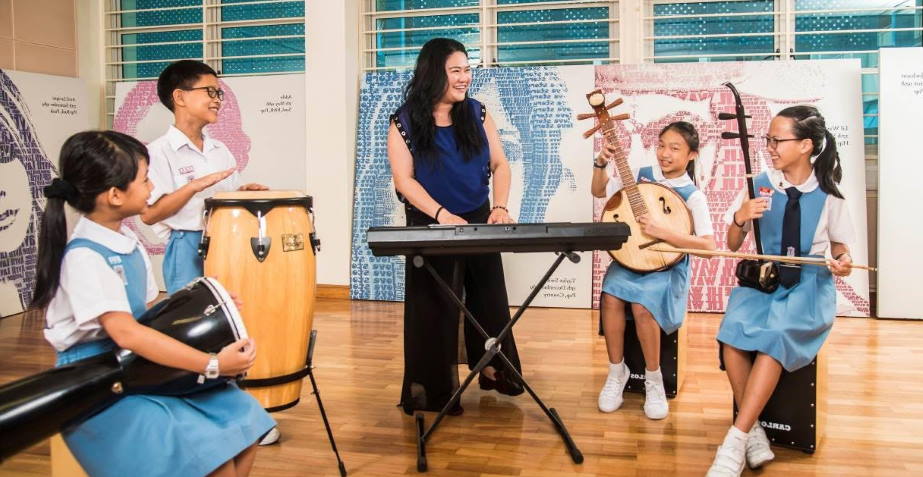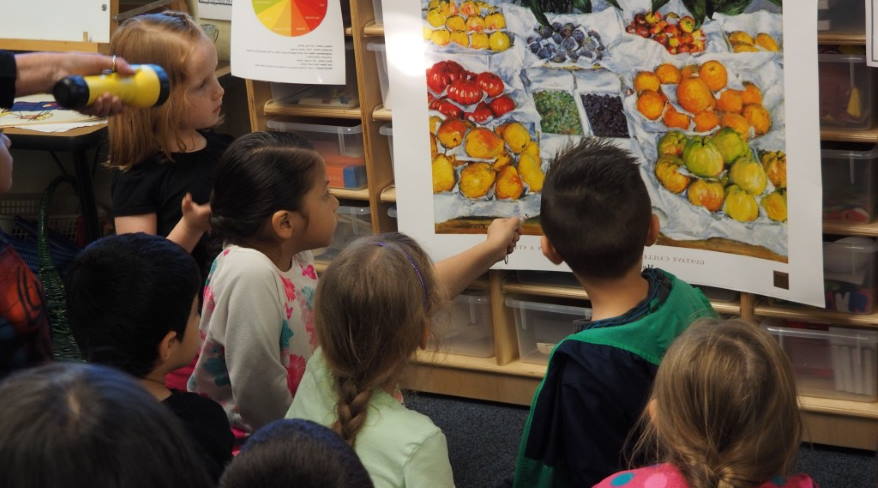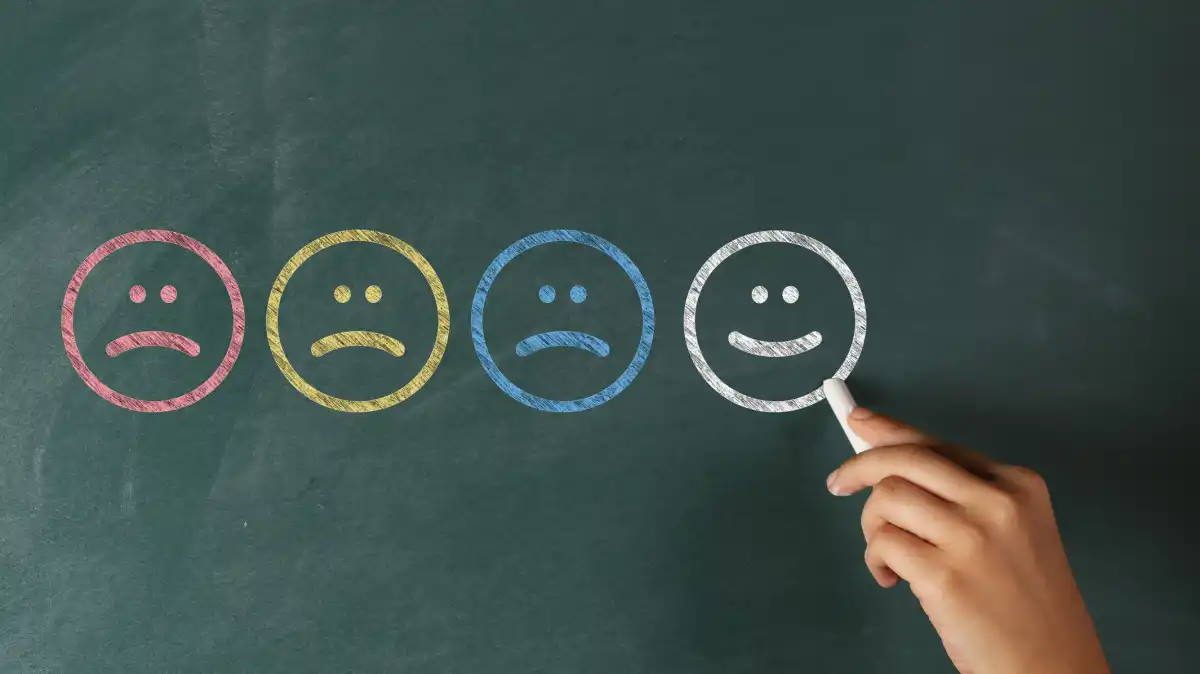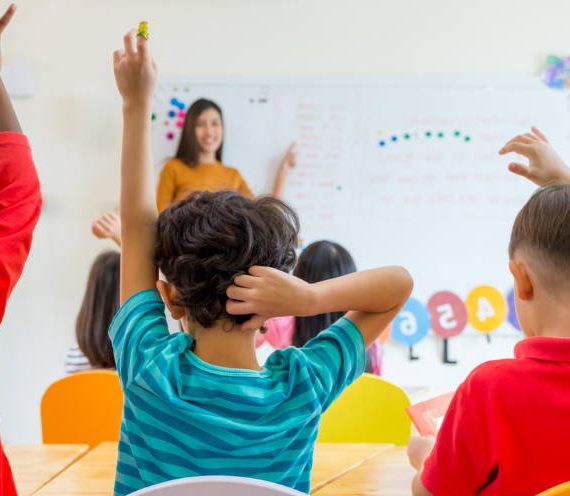Cultural education is consisting of the capacity for reflection. Children and youngsters in cultural education are learning to reflect upon their own culture, the culture of others and culture in general.
This reflection is one of the principles trained in many different forms. It can be an instance or through history but it also through the arts.
The arts are one of the main forms of self-consciousness, cultural self-consciousness and culture important in early childhood education. These are also philosophy, science, and lessons for example in citizenship.
Cultural Diversity
This is one of the learning child teams of UNL-Extension and it is committed to providing research-based and culturally responsive information. Family is your child’s first and most important teacher. They are learning about their culture in our family and the world around them from the other family caregivers in the child’s life.
There is a resource for families on how to support young children’s social and cultural development. This is reflecting the rich diversity of the communities they serve.

You are believed promoting quality early learning environments for children. They are culturally and developmentally appropriate. Research is suggested adults who engage children in culturally responsive educational experiences help to:
- Build young children’s self-confidence and skills
- Increase children’s awareness, appreciation, and inclusion of diverse beliefs and cultures
- Maximize children’s academic achievement and educational success
Cultural Diversity and Childhood Education
Sharing cultures in children’s education professionals are understanding and embracing diversity such as cultural, linguistic, and ability diversity (CLAD). They supporting the unique and individualized values, strengths, and potential of each child and family.
This Better kid care module explores how to gather insights and effective strategies grounded in research to support culturally responsive teaching cultural diversity in early childhood practices as well as fair and equitable opportunities.

It is led to positive outcomes for all children. The following are three developmental characteristics of early childhood to provide culturally responsive and anti-bias education experiences.
Children as young as 2 1/2 to 3 years old become aware of and begin to take in socially prevailing ideas, feelings, and stereotypes about people and about themselves.
A child’s interactions with parents, other children, the community, the media, and caregivers can inevitably shape their perception and judgment of others.
Young children have the intellectual capacity for undoing any pre-existing unfair perceptions of others as they engage in meaningful, culturally responsive experiences with the primary caregivers in their lives.


